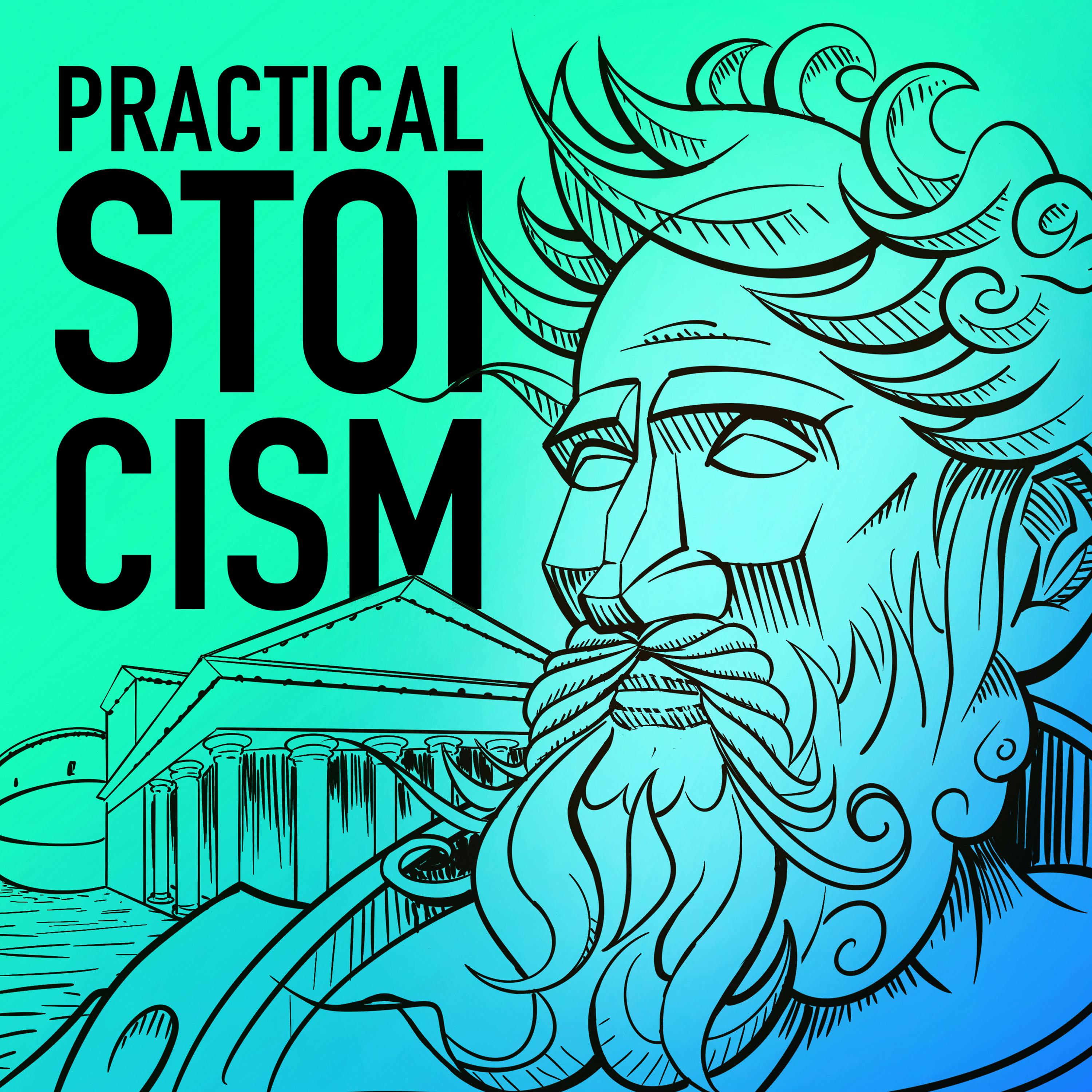Meditations 2.3
Description
In this episode, we delve into Meditation 2.3 of Marcus Aurelius’s Meditations. We explore the concepts of Providence and the interconnectedness of the universe as understood by the Stoics. We discuss how everything in the cosmos, including human life, is part of a logical and stable system governed by natural laws. Additionally, we touch upon the Stoic view of change and how it contributes to the stability of the universe. The practical takeaway? Embrace the logical nature of the cosmos, understand that change is not our enemy but rather a necessary aspect of existence, and remember that the answer to a contented life doesn’t lie in external sources like books or gurus but in accepting and playing our part in the grand scheme of things.
Quoted Meditation:
“The work of the gods is full of Providence: the work of Fortune is not divorced from Nature or the spinning and winding of the threads ordained by Providence. All flows from that other world; and there is, besides, necessity and the wellbeing of the whole universe, whereof you are a part. Now to every part of Nature that is good which the nature of the Whole brings, and which preserves that nature; and the whole world is preserved as much by the changes of the compound bodies as by the changes of the elements which compose those bodies. Let this be sufficient for you, these be continually your doctrines. But put away your thirst for books, that so you may not die murmuring, but truly reconciled and grateful from your heart to the gods.” — Meditations, 2.3
--
Go ad-free : https://stoicismpod.com/members
Follow the print publication : https://stoicismpod.com/print
Take the free course : https://understandingstoicism.com
Order my book : https://stoicismpod.com/book
Source Text : https://stoicismpod.com/far
Learn more about your ad choices. Visit megaphone.fm/adchoices
More Episodes
In this episode, I discuss Meditation 11 from Book 2 of Meditations, where Marcus Aurelius reminds us to live each moment as if death could come at any time, encouraging a focus on living virtuously. Marcus addresses the nature of death and the existence of gods, framing them in a way that...
Published 10/28/24
Published 10/27/24
In this episode, I cover Meditation 10 from Book 2 of Meditations, where Marcus Aurelius reflects on the comparison between faults driven by anger and those driven by desire. He references Theophrastus, who argued that errors rooted in pleasure and appetite are graver than those caused by anger....
Published 10/21/24


